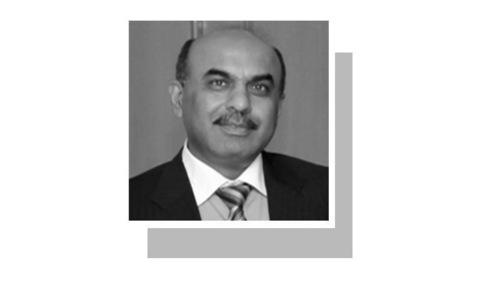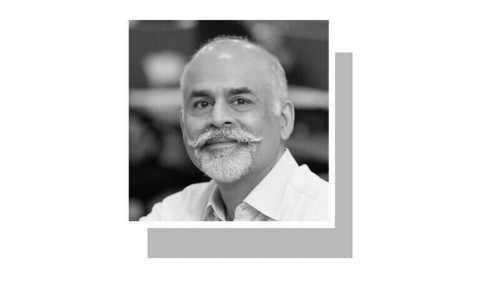IN 1949, Albert Einstein wrote a short essay entitled Why Socialism? In it he made a compellingly simple case for why humanity had to build a new social order based on fundamentally different principles than those which prevailed in the capitalist present. Einstein’s political views were not necessarily a secret during his lifetime, but in death he has been stripped entirely of his socialist politics.
The great man is, of course, not alone. In this country and all over the world, innumerable individuals who openly espoused rebellion against state and class power, patriarchy and national oppression, have been rechristened as dedicated loyalists after their departure from this world. Some icons have been perversely transformed into corporate brands, Che Guevara most obviously so.
Accordingly, a vast majority of ordinary people are exposed only to caricatures of figures like Einstein and Guevara. Hence their understanding of socialism is at best vague and at worst based entirely on mainstream propaganda.
Over the past few years, interest in the socialist tradition has undergone something of a revival amongst ordinary Europeans. Intellectuals like Slavoj Zizek and Alain Badiou who overtly celebrate the writings of revolutionaries like Lenin and propagate the original Communist Hypothesis have been important figures in this regard. Given what happened in the years following the collapse of “actually existing socialism” in 1991, the growing influence of a body of socialist thinkers is no small matter.
Interest in the socialist tradition has seen a revival.
Having said this, the dominant trend prevails in most countries. Take India. From the late 1970s onwards, communist parties formed many successive governments in West Bengal and Kerala, and leftists were reasonably well-represented in the intellectual mainstream. Over the past decade, Indian socialism has taken a beating, and is now at its lowest ebb in decades.
The socialist project has suffered in no small part due to its own contradictions. At one and the same time viewed as the culmination of the Enlightenment principles and a rejection of capitalism, the socialist ideal has not yet fully freed itself from the cul-de-sac of modernisation.
Yet we cannot ignore just how many resources were dedicated to demonising socialism in the 20th century, and how this legacy continues to inform politics, culture and just about everything else in society.
In Pakistan the combination of the American Empire, Pakistan’s establishment, and right-wing political forces hounded anyone who harboured even sympathy for leftist ideas. Communists were openly decried as atheists, and therefore enemies of Islam and Pakistan. Zulfiqar Ali Bhutto was not a communist, and the extent of his commitment to socialism can be debated. Yet he, Pakistan’s elected prime minister, suffered acute character assassination due to his socialist leanings despite his initiatives to prove he was no less a Muslim than any other Pakistani.
As a teacher in a public university, I am reminded everyday of just how deeply anti-socialist propaganda has seeped into the veins of society. Only ignoramuses would ignore the contributions of Marx and others in that tradition to the corpus of modern social theory, yet even the slightest mention of Marxist writing draws gasps from a scandalised student body, convinced that socialists and communists seek to de-fang Islam and corrupt society’s moral fabric.
It is ironic that since it was ‘Islamised’ in the 1980s — the same period in which socialism has been most vilified — Pakistani society has become more individualistic and amoral than before, ie the more we wear our ‘Islamic’ morality on our sleeves, the more we tend towards transactional practices in which there’s no pretence of collective betterment.
The socialist ideal is, of course, all about the collective good. Yet among many other falsities about the project, the notion that the individual, her liberties and her aspirations are forsaken under socialism is incorrect. Indeed, as Einstein noted, it is under capitalism that the individual becomes alienated almost beyond repair:
“The individual has become more conscious than ever of his dependence upon society. But he does not experience this dependence as a positive asset, as an organic tie, as a protective force, but rather as a threat to his natural rights, or even to his economic existence. Moreover, his position in society is such that the egotistical drives of his make-up are constantly being accentuated, while his social drives, which are by nature weaker, progressively deteriorate. All human beings, whatever their position in society, are suffering from this process of deterioration. Unknowingly prisoners of their own egotism, they feel insecure, lonely, and deprived of the naive, simple, and unsophisticated enjoyment of life.”
If we can endlessly debate Why Democracy? and Why Sharia? in this country, surely we should accept that Why Socialism? is just as valid a question.
The writer teaches at Quaid-i-Azam University, Islamabad.
Published in Dawn, September 19th, 2014










































